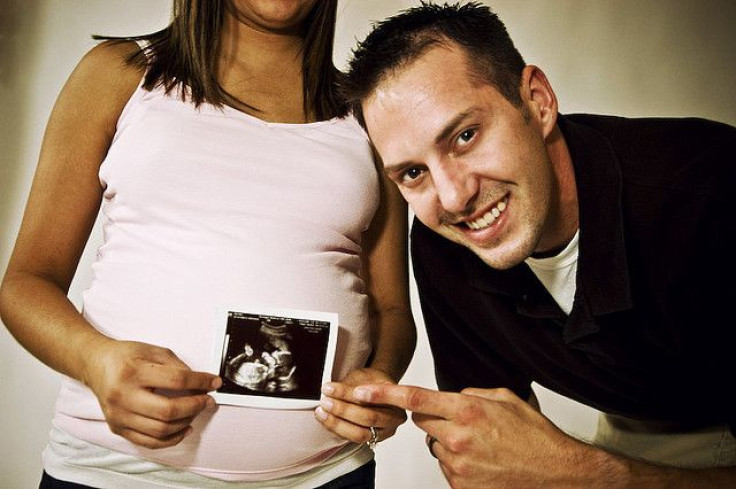After Miscarriage, Trying To Conceive Within 3 Months Leads To Live Birth More Often Than Waiting

After a pregnancy loss, many couples wonder: When do we try again? While the right decision must be based on a number of individual factors, new analysis from the National Institutes of Health (NIH) suggests delaying for many months is not only unnecessary but also counterproductive from a medical standpoint. Couples who began trying to conceive within three months of their loss were more likely to achieve a live birth than couples who waited longer, researchers say.
"Recommendations to delay pregnancy attempts for at least 3–6 months among couples who are psychologically ready to begin trying may be unwarranted and should be revisited," wrote the authors of the study.
Many doctors recommend couples wait a bit to try and conceive again after suffering a pregnancy loss. Such advice stems, in part, from past scientific research which looked at the spacing of pregnancies between live births and found an interval of less than 18 months was more likely to put both mother and baby at risk. Specifically, the "depletion hypothesis" suggests that decreasing levels of folate in the mother — this usually begins during the fifth month of gestation — will raise the risk of preterm births and other unwanted consequences.
If spontaneous abortion occurs early in pregnancy, does a couple need to wait a certain period of time to avoid the effects of depletion?
How Long Should We Wait?
To examine how mothers fare following a miscarriage, the NIH researchers repurposed data from the Effects of Aspirin in Gestation and Reproduction trial. This study, which ran between the years 2007 and 2011, included 1,228 women between the ages of 18 and 40 with one or two prior spontaneous abortions (non-ectopic). Participants were followed for up to six menstrual cycles and, if they became pregnant, until their pregnancy ended (either in loss or birth).
Among their findings, more than 99 percent of the women lost their pregnancy before 20 weeks of gestation — before depletion of folate occurs. The researchers also discovered more than 76 percent of the women attempted to conceive within three months after losing a pregnancy.
Compared to those who waited longer, this group was more likely to become pregnant (69 percent vs. 51 percent) and to have a pregnancy that led to a live birth (53 percent vs. 36 percent). Importantly, the investigators did not observe any increase in the risk of pregnancy complications in this group.
While no physiological reason exists for delaying conception, the new study also addresses a couple’s need for time to heal after a loss.
"Although emotional compared with physical readiness may require individual couple assessment, previous research has found that a speedy new pregnancy and birth of a living child lessens grief among couples who are suffering from a pregnancy loss," the researchers concluded.
Source: Schliep K, Mitchell E, Mumford SL, et al. Trying to Conceive After an Early Pregnancy Loss: An Assessment on How Long Couples Should Wait. Obstetrics & Gynecology. 2016.



























